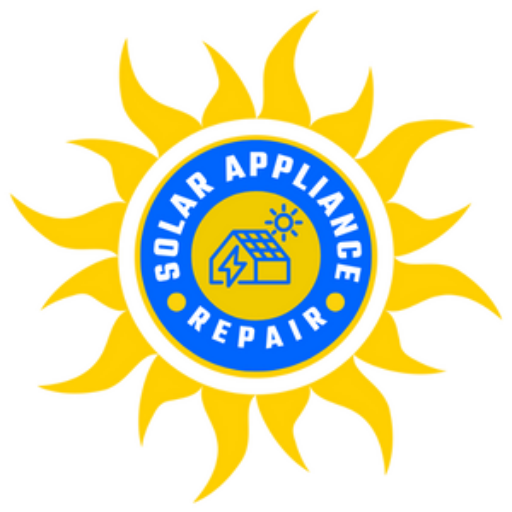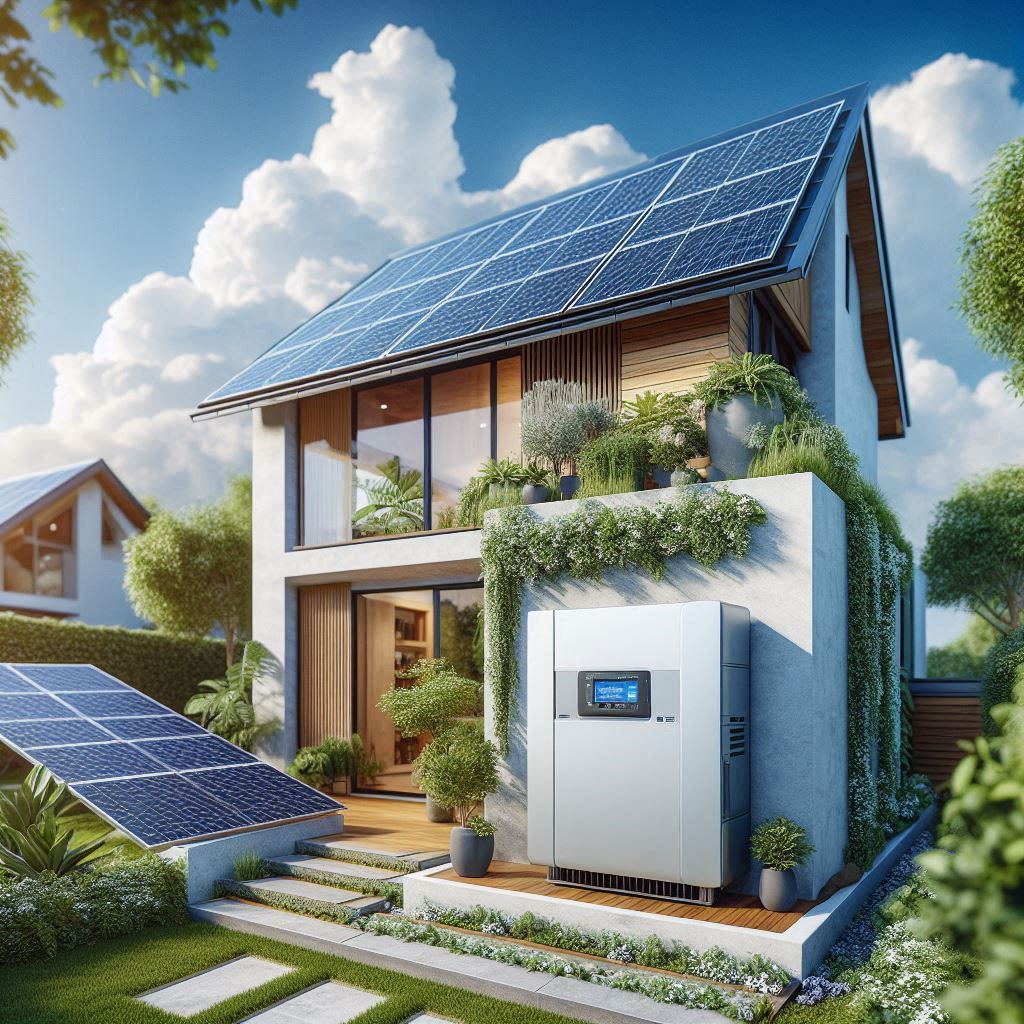In today’s world, where sustainability and renewable energy are becoming increasingly important, solar inverters are essential in harnessing the power of the sun to create a cleaner, more sustainable future. By converting the sun’s energy into viable electricity, solar inverters are central to the solar power system, making them a topic worth exploring.
What is a Solar Inverter?
A solar inverter, also known as a photovoltaic (PV) inverter, is a critical component of any solar power system. Its primary function is to convert the direct current (DC) generated by solar panels into alternating current (AC), the standard form of electricity used in homes and businesses. Without a solar inverter, the electricity generated by these panels would be unusable for most household appliances and electronics.
Types of Solar Inverters
Several types of solar inverters cater to a variety of needs and applications:
String Inverters
String inverters are the most common type of solar inverter. They are called “string” inverters because they are connected to a string of solar panels. These inverters are cost-effective and suitable for residential and small commercial installations. However, their efficiency can be affected if even a single panel in the string is shaded or dirty.
Microinverters
Microinverters are small inverters installed on each solar panel. Unlike string inverters, microinverters optimize and convert DC to AC at the individual panel level. This approach allows each panel to perform independently, making microinverters ideal for installations with shading issues or complex roof structures. Their higher price point is offset by increased efficiency and longer warranties.
Power Optimizers
Power optimizers fall between string inverters and microinverters. They don’t convert DC to AC at the panel level but optimize the performance of each panel to ensure maximum energy harvest. Optimizers are paired with a string inverter, allowing for more efficient energy conversion while mitigating shading problems.
Hybrid Inverters
Hybrid inverters combine the functions of a solar inverter and a battery inverter. They manage energy from both solar panels and a battery backup system, providing versatility and resilience. These inverters are particularly useful for homes and businesses looking to incorporate energy storage into their solar systems.
The Benefits of Solar Inverters
Adopting solar inverters and solar energy offers numerous benefits that extend beyond individual households and businesses, contributing to a more sustainable and environmentally friendly world.
Environmental Impact
Solar inverters enable the use of solar energy, a renewable and abundant resource. By reducing reliance on fossil fuels and decreasing greenhouse gas emissions, solar energy helps combat climate change. Every kilowatt-hour of solar power generated reduces carbon dioxide emissions, protecting the planet for future generations.
Energy Independence
Relying on solar energy decreases dependence on traditional energy sources, which can be volatile and subject to price fluctuations. Solar inverters empower individuals and communities to produce their own electricity, fostering energy independence and security.
Financial Savings
Solar power systems, including inverters, can significantly reduce electricity bills. Though the initial installation cost may be high, the long-term savings on energy costs make it a worthy investment. Additionally, many regions offer incentives and rebates for adopting solar energy, further enhancing the financial benefits.
Technological Advancements
Continuous advancements in solar technology have made inverters more efficient and reliable. Modern solar inverters come equipped with monitoring capabilities, allowing users to track energy production and system performance. These innovations ensure optimal energy output and highlight the potential for further developments in the field.
Challenges and Considerations
While solar inverters offer numerous advantages, there are also challenges to consider. The initial cost of installation can be a barrier for some, although prices have been decreasing over the years. Additionally, the efficiency of solar inverters can be affected by factors such as shading, temperature, and maintenance.
Conclusion
Solar inverters are indispensable in our transition towards a sustainable future. By converting the sun’s energy into usable electricity, they help reduce greenhouse gas emissions, promote energy independence, and provide financial benefits. Embracing this technology not only advances individual energy needs but also contributes to a healthier planet. So, let’s harness the power of the sun and pave the way for a greener, more sustainable future with the help of solar inverters.

